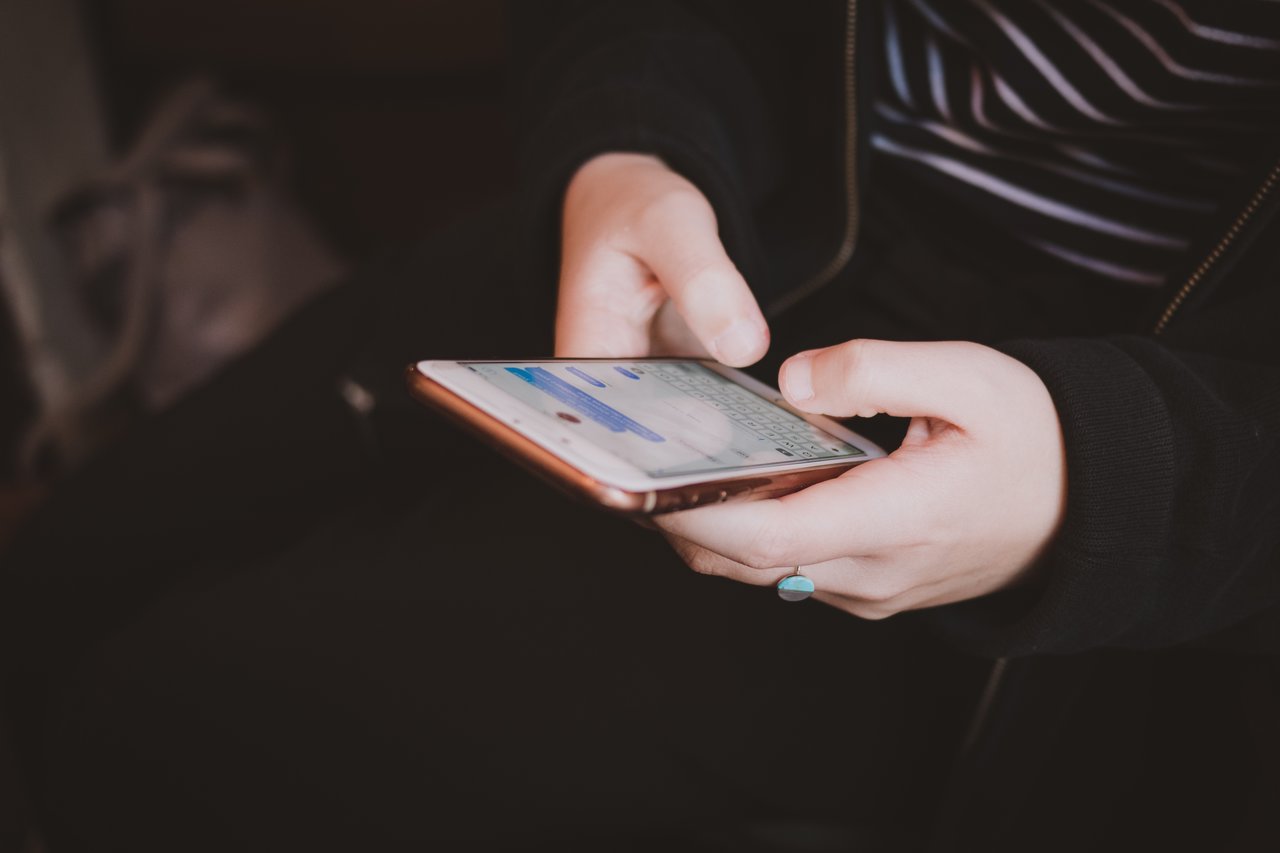Any time something of importance happens, whether it’s a disaster or another political statement said wrong, you can count on social media to be the first to break the news. The speed with which reporters can put out their news reports and, equally, the sharing and commentary prowess of its mass followers is evident in this digital space.
While this swiftness in reporting and spreading the news is a good thing—the more people informed, the better, right?—it also comes with its challenges. News in the age of social media is a double-edged sword: it can save, but also pose risks. Faced with this, what should a well-meaning citizen do?

Check the source
Perhaps you’ve seen this happen several times already: a friend or family member sends you a message from some concerned citizen, saying you should avoid so-and-so malls because a bomb was planted, or you shouldn’t eat certain foods in combination because you’ll get sick. Surely there were good intentions behind the sharing of a “scoop”. But before believing in them and sharing them to the rest of your friends list, it’s important to ensure that the source is credible and reliable.
The same way journalists only refer to experts and qualified officials on the topic they’re reporting on, citizen journalists (hey, let’s face it: in the age of social media, everyone is a citizen journalist, whether they realize it or not) must also uphold a sort of standard when it comes to sharing information.
Sure, it’s better to be safe than sorry, but do we really need to cause unnecessary panic?
If you are unsure of the facts, please don’t spread it. Don’t give in to fear. Don’t give in to hate.
Walang dapat ikatakot.
— Jamela Alindogan (@jamelaaisha) June 1, 2017
Don’t give in to sensationalism. Always make sure the things you share come from a legit source. You don’t want to be like M0cha Us0n.
— Saab (@saabmagalona) June 2, 2017
Check the date
Sometimes an article on your feed can be too juicy (read: sensational), you’re just immediately compelled to share it. Although it may come from a reliable source—maybe a local news site, or a TV network—be sure to check the date of the report as well. Outdated reports may as well be considered false for the current context.
Look at the context
So you’re thinking of sharing a report about a timely issue, posted by a reliable source just a few minutes ago. Good. One last thing before you hit “post”: check yourself. Did you understand it correctly? Are you looking at the issue in the context it should be looked at? There’s enough war going on outside—let’s not add to the noise here online. Simple issues could have been resolved if it was looked at in a proper context, or if opinions—dissenting or not—are expressed respectfully.
If all else fails, clarify
What if you’ve already shared wrong information? You can always take it down, but the better thing to do is to clarify. Other people may have already seen the wrong reports. If you really want to help in sharing information that’s helpful, make sure you also talk about the clarifications. This way, other people can also see the new, updated information, and be able to identify it from the wrong details.
Or you know, you could always just say it’s #symbolism.